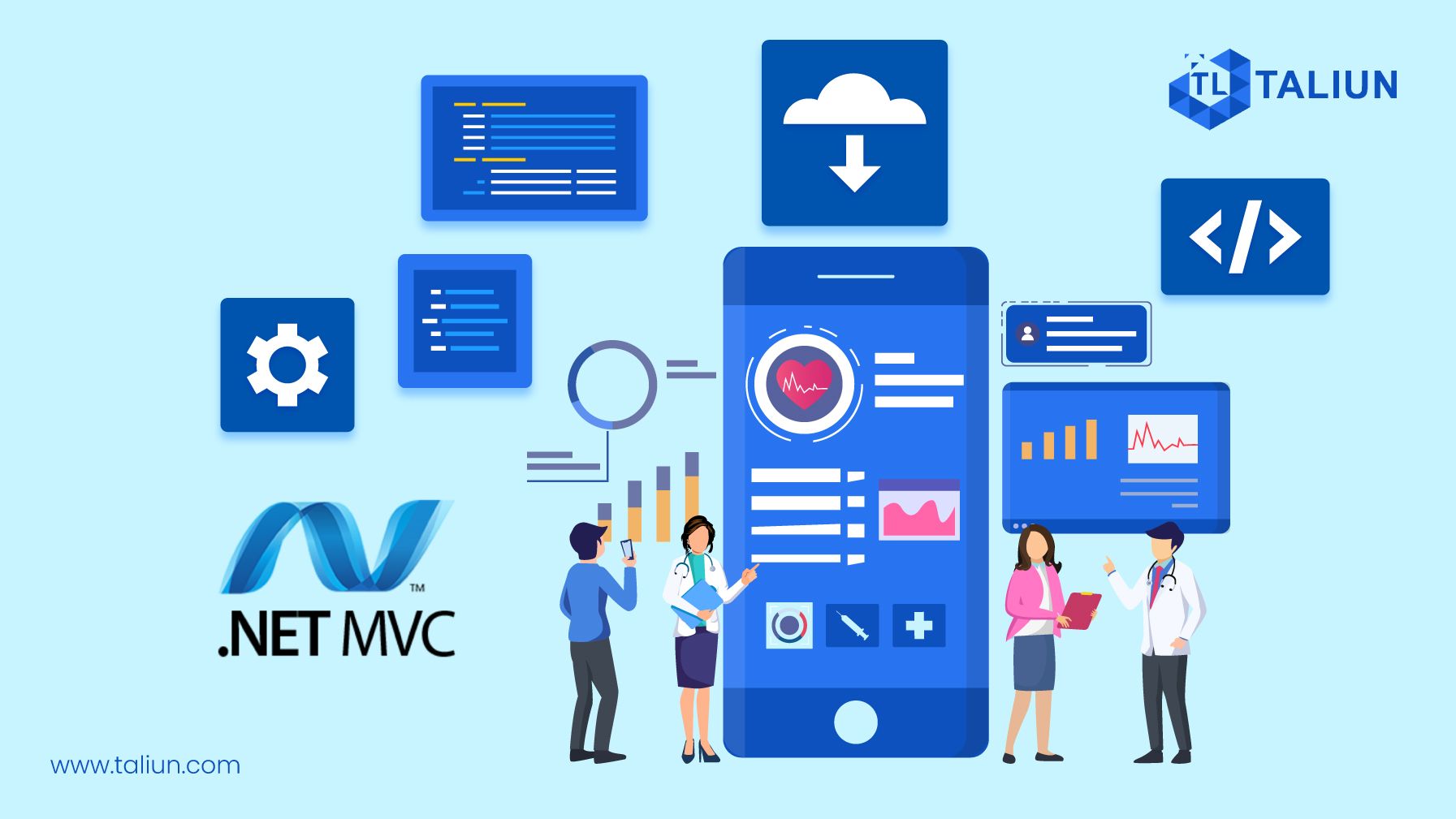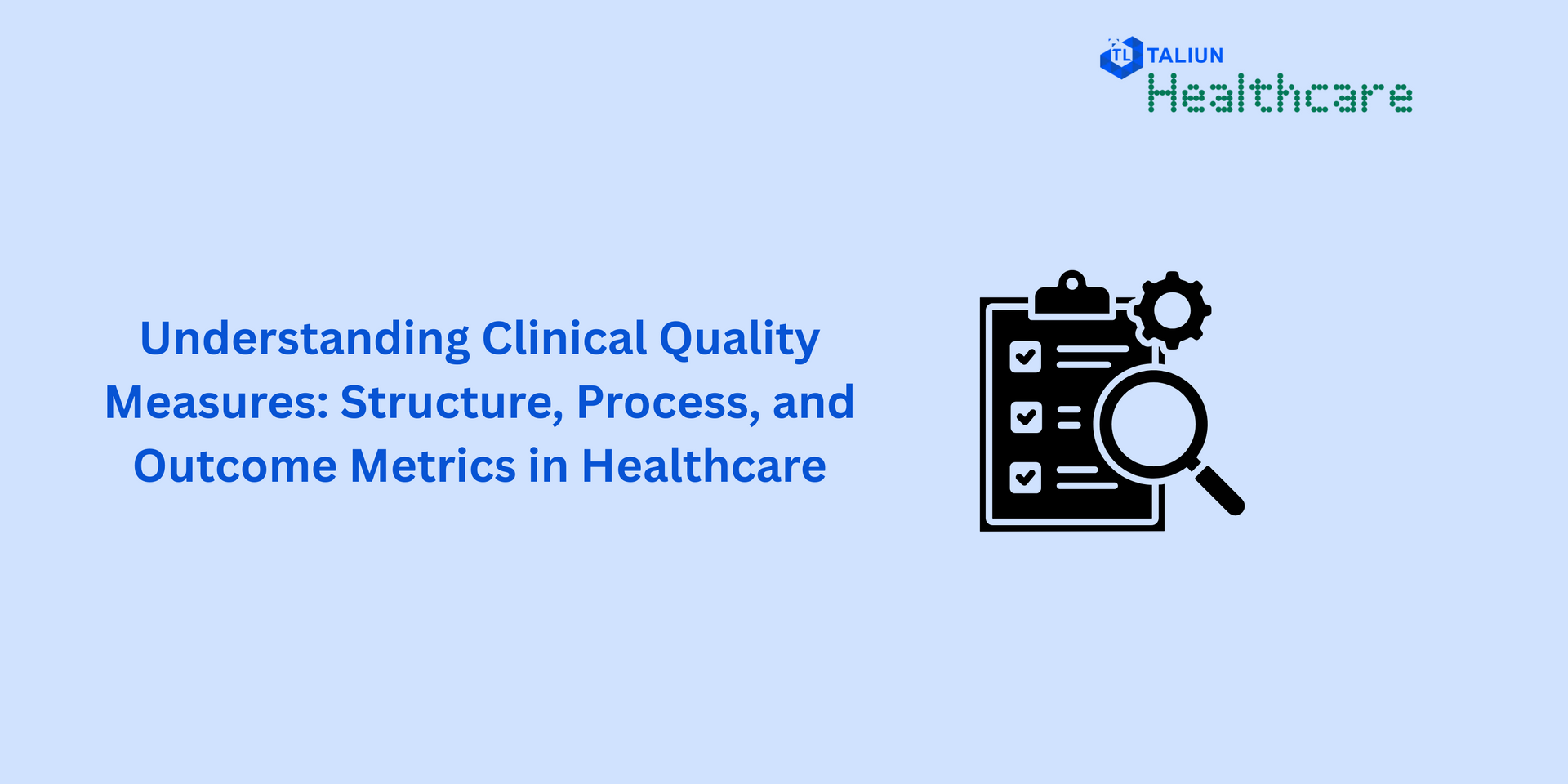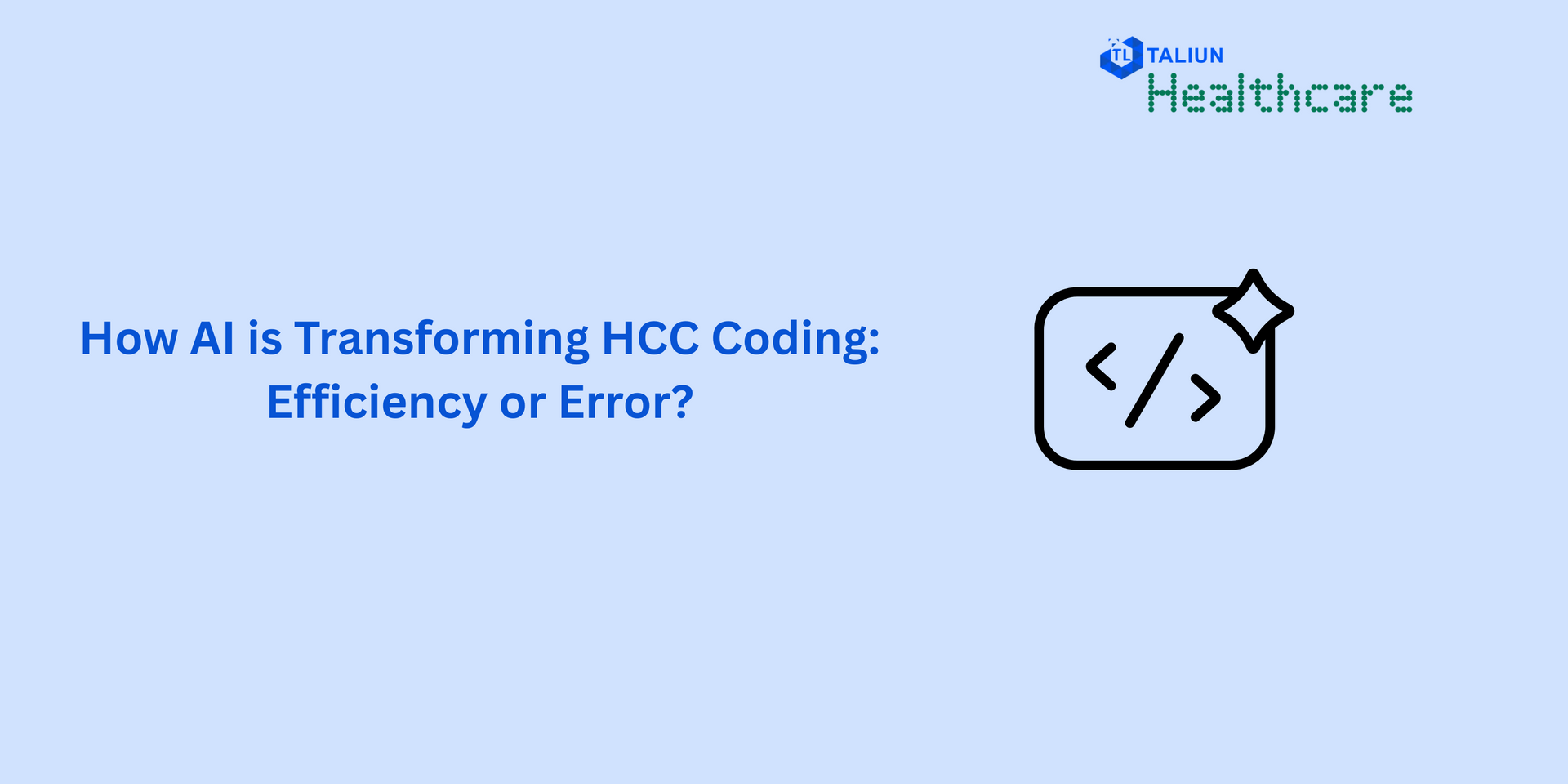Building a Scalable Digital Health Platform with the .NET Tech Stack

Introduction
In the rapidly evolving world of digital health, the demand for scalable and secure platforms is on the rise. To meet these requirements, leveraging the .NET tech stack can be an excellent choice for building robust and efficient digital health solutions. In this blog, we will explore the benefits and advantages of using the .NET tech stack to create a scalable digital health platform.
1. The Power of .NET
The .NET tech stack, powered by the C# programming language, offers a wide range of tools and libraries that streamline the development process, making it a preferred choice for building enterprise-grade applications. Its inherent support for Object-Oriented Programming (OOP) ensures maintainable and modular codebase, improving collaboration among development teams. ASP.NET, a part of the stack, facilitates web development with features like Razor Pages, SignalR for real-time functionality, and Web API for building RESTful services, catering to a seamless user experience.
2. Enhanced Security and Compliance
Security is paramount in the digital health industry due to the sensitive nature of patient data. The .NET tech stack provides robust security features, including built-in authentication and authorization mechanisms using ASP.NET Identity. It supports secure communication through SSL/TLS protocols and ensures data encryption, safeguarding patient information during transmission. Regular updates to the .NET ecosystem ensure the platform remains resilient against emerging security threats, making it compliant with regulatory standards like HIPAA, GDPR (General Data Protection Regulation), and HITECH (Health Information Technology for Economic and Clinical Health Act).
3. Scalable Digital Health Platform
As the user base of a digital health platform grows, its infrastructure must scale effortlessly to accommodate increased demand. The .NET tech stack enables developers to build highly scalable applications using cloud-based solutions like Microsoft Azure. By leveraging auto-scaling capabilities and load balancing, the platform can efficiently handle varying workloads while maintaining optimal performance. Scalability in healthcare applications is critical for ensuring that the platform can handle a significant number of concurrent users without sacrificing responsiveness.
4. Seamless Integration and Interoperability
Digital health platforms need to communicate with various healthcare systems, medical devices, and external services to deliver comprehensive and personalized patient care. Integrating healthcare systems with .NET becomes seamless due to the stack's excellent interoperability capabilities with support for RESTful APIs, Web Services, and Message Queues. By leveraging Windows Communication Foundation (WCF) or ASP.NET Web API, developers can easily integrate with other systems and services, fostering seamless data exchange and facilitating interoperability across the healthcare ecosystem.
5. .NET Tech Stack for Digital Health Solutions
Building a platform with .NET offers a versatile and robust foundation for developing digital health solutions. The stack's extensive tools and libraries enable developers to create user-friendly interfaces and mobility aspects, ensuring ease of use for both healthcare professionals and patients. Healthcare apps built with .NET can cater to different devices and screen sizes, enhancing accessibility and user experience.
6. C# Programming for Healthcare
The .NET tech stack's C# programming language plays a pivotal role in the development of healthcare applications. Its powerful capabilities and support for object-oriented programming (OOP) contribute to the construction of scalable and secure digital health systems. C# programming for healthcare ensures that the codebase remains maintainable and modular, facilitating continuous integration and DevOps practices for efficient development and deployment.
7. Secure Digital Health Systems
The .NET tech stack's inherent security features make it an ideal choice for building secure digital health systems. Using ASP.NET for healthcare platforms ensures robust authentication and authorization mechanisms, protecting patient data from potential security breaches. Secure digital health systems are vital for complying with healthcare regulations and ensuring the privacy of sensitive patient information.
Conclusion
Building a scalable digital health platform is a complex task that demands advanced technologies and tools. By utilizing the .NET tech stack, powered by C#, developers can harness the power of a comprehensive framework that ensures enhanced security, seamless integration, and robust performance. With features like scalability, interoperability, user-friendly interfaces, and mobility, the platform can provide efficient and personalized patient care. As the digital health landscape continues to grow, embracing the .NET tech stack will undoubtedly enable organizations to meet the challenges and opportunities of tomorrow's healthcare industry.




